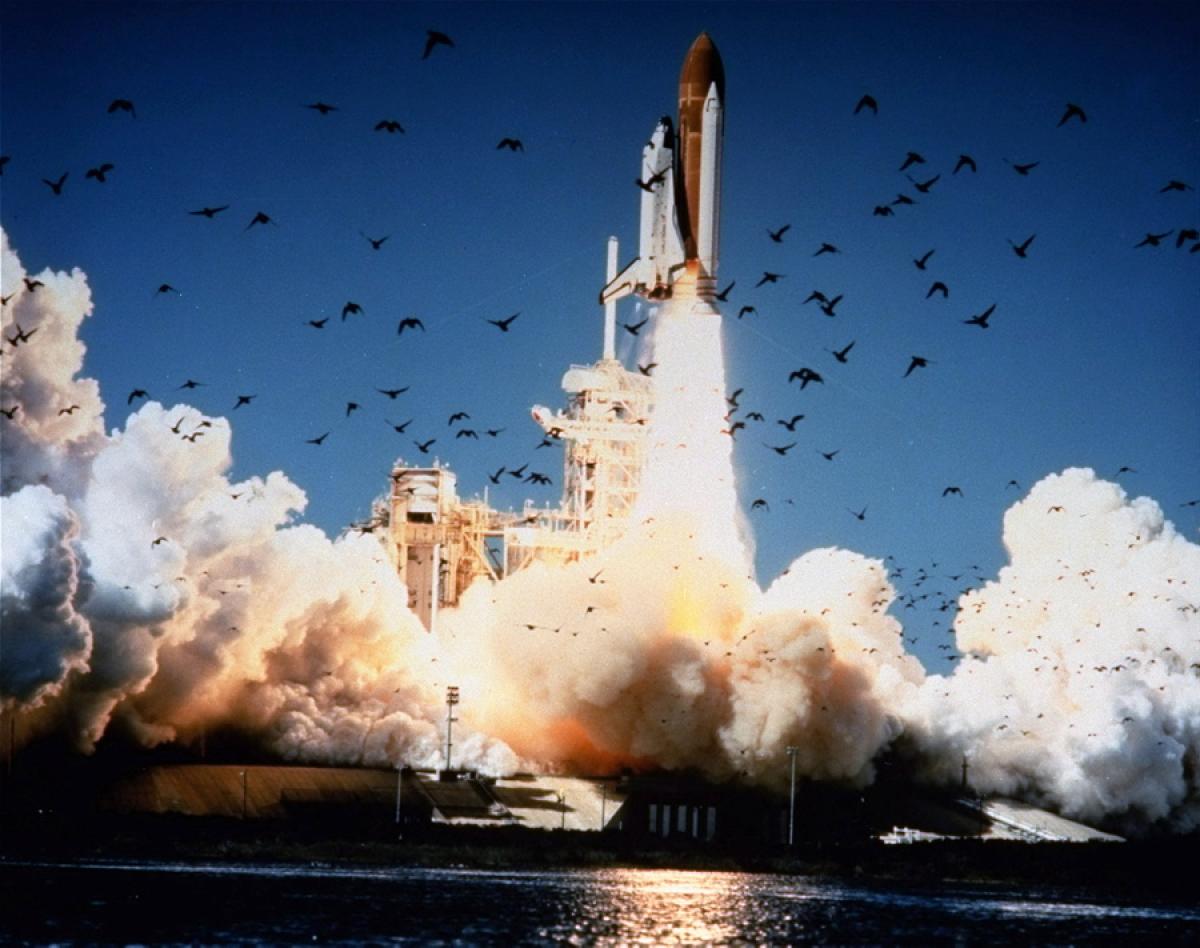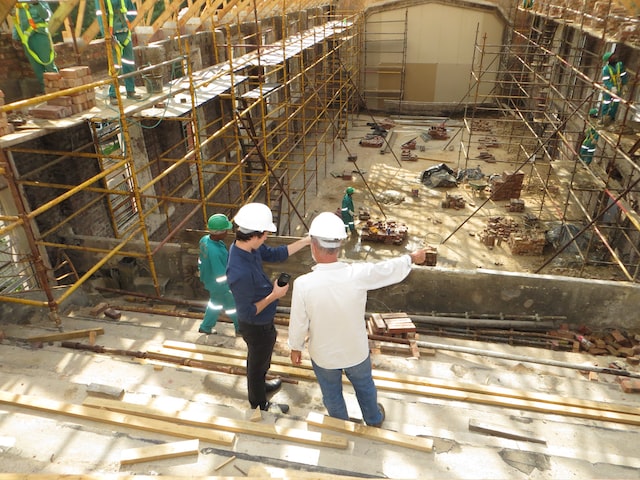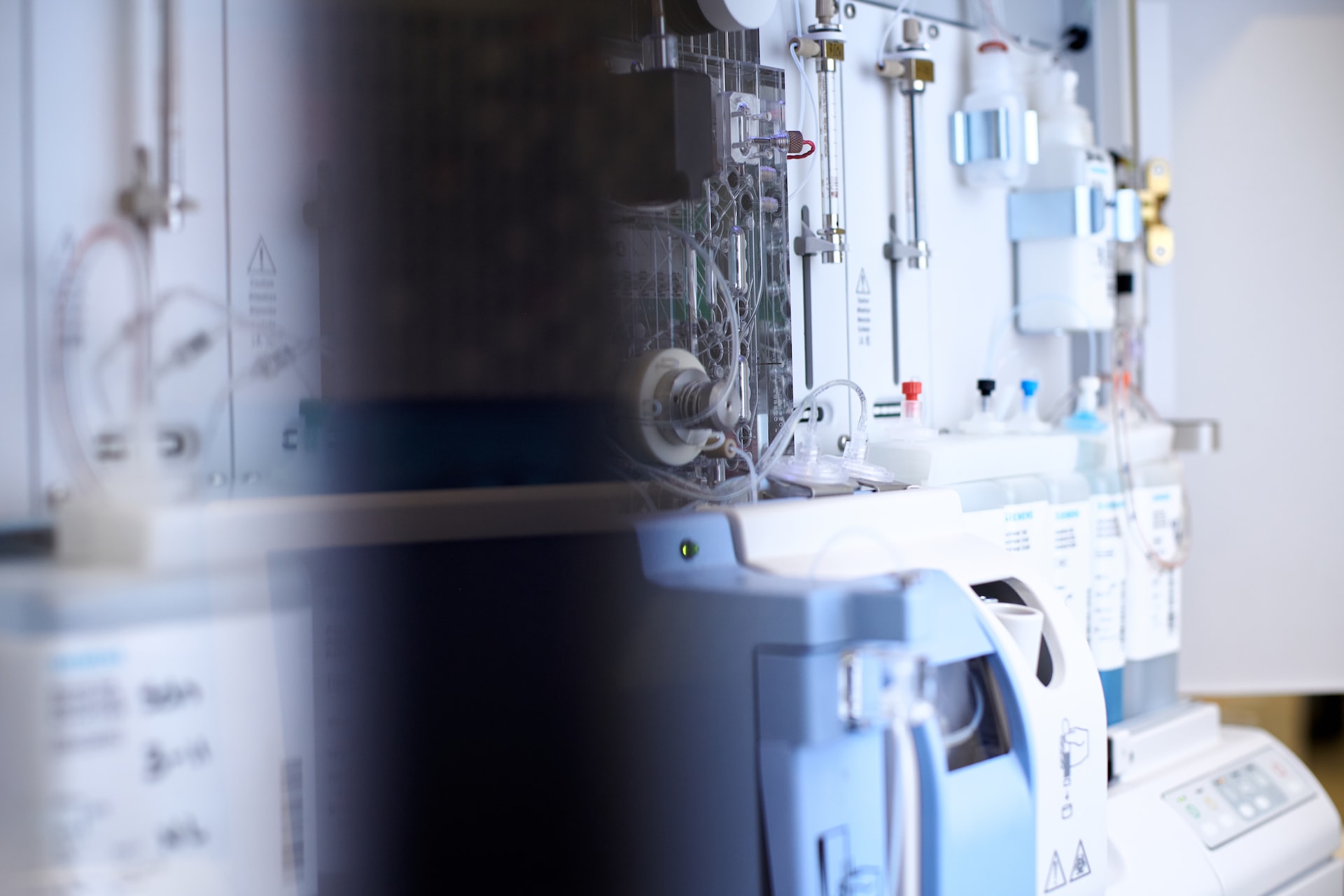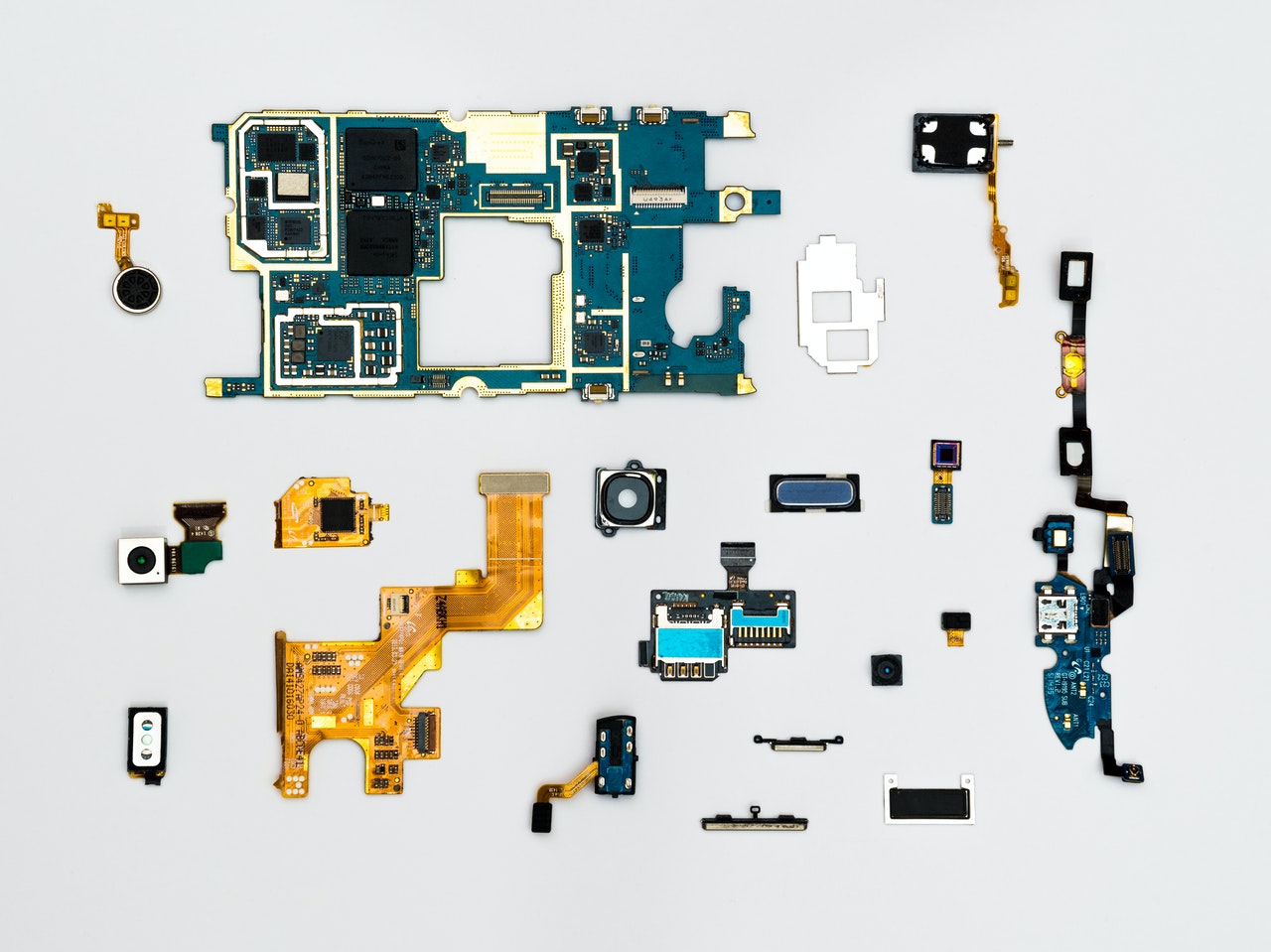The country watched with heightened anticipation, and then horror, as the space shuttle Challenger exploded before our eyes. New Hampshire schoolchildren were excited to be represented by a teacher, Christa McAuliffe, the first civilian to enter space, and many watched the launch on classroom TVs.
Engineers at NASA were also anxiously watching the launch, though from a Morton Thiokol conference room in Utah. The temperature at Kennedy Space Center had plummeted to unusual lows, and previous tests showed that the booster rocket’s rubber O-rings would not seal properly at even much less frigid temperatures. There had been intense discussion the night before about whether to launch or not. To commence the twelve-hour countdown, a decision would need to be made soon. The pressure was on.
A teleconference was called in which managers from Morton Thiokol and NASA met with the Thiokol engineers. Bob Ebeling, Roger Boisjoly, and the rest of the engineers were adamant that the launch should be delayed at least until noon since numerous tests had failed even at temperatures higher than their recommended minimum of 53 degrees.
But John F. Kennedy’s legacy did not have the same appeal for Richard Nixon. Under his watch, the space program suffered and there was pressure to cut costs and make money by increasing shuttle flights with payloads. Contracts were awarded based on low bids rather than quality of product and design and quality control monitors were few. One of the cost-cutting measures was to use solid fuel rockets. These had not been used in manned flights previously because they could not be shut down once ignited. Even so, yet another safety feature was eliminated that would provide an escape system for the astronauts in case of a mishap. These issues extended into the 1980s during the presidency of Ronald Reagan.
This flight was geared up to reignite a spark in the hearts of the public. Having a teacher aboard tugged at our collective national heart strings. We the people were participants in the flight. It was a clever public relations idea, and the managers were determined that nothing delay the launch, which had already been delayed before.
But, having a civilian on board only made the concerns of the engineers even more adamant. Ebling and Boisjoly had each written letters expressing the dire need to refashion the seals. Boisjoly went so far as to say, “The result would be a catastrophe of the highest order — loss of human life.” But their warnings went unheeded by Thiokol management who colluded to override the engineers’ position to delay the launch.
On January 28, 1986, the launch took place despite the documented risks and contentions of the engineers, and exploded 73 seconds later, killing all seven astronauts.
The Rogers Commission report of the incident found that management had ignored clear warnings from the engineers and took unwarranted risks that caused the death of the astronauts. Boisjoly went into depression for more than a year and then found some healing by speaking publicly, warning against such cost cutting of safety features that would place human life as secondary to personal advancement. Economics should not be the primary measure that defines a project’s success.
There is a theory of production and human advancement known as the “precautionary principle.” It holds that new technologies and techniques should proceed with caution until the potential for harm can be adequately assessed and addressed. We have lots of examples where this idea would have proven to be beneficial. Remember CFCs that acted like PacMan eating up the ozone layer? Oops. We may find that “fracking” (hydraulic fracturing) falls into this category as well since recent evidence indicates it is leaving a trail of contaminated water wells and causing earthquakes.
While most remembrances focus on honoring the astronauts, and rightly so, it is also right that we recall the back story. Their lives were in the hands of experts who violated their trust and deemed their lives to be of secondary consideration. To truly honor these space explorers, we should remember the short-sighted group dynamics that led to the unnecessary demise of the astronauts. There is a cautionary tale that we must not forget.







